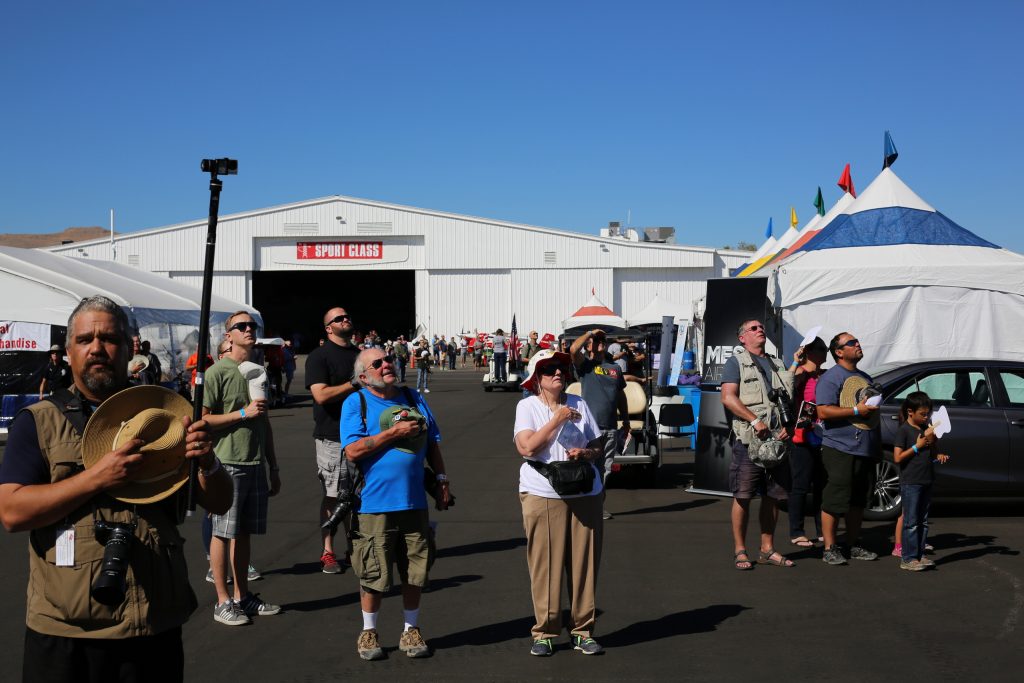The Tsar’s demands for money were insatiable. In one attempt to uncover new sources of income, Peter in 1708 created a service of revenue officers, men whose duty it was to devise new means of taxing the people. Called by the foreign name “fiscals,” they were commanded “to sit and make income for the Sovereign Lord.” The leader and most successful was Alexis Kurbatov, a former serf of Boris Sheremetev who had already attracted Peter’s attention with his proposal for requiring that government-stamped paper be used for all legal documents. Under Kurbatov and his ingenious, fervently hated colleagues, new taxes were levied on a wide range of human activities. There was a tax on births, on marriages, on funerals and on the registration of wills. There was a tax on wheat and tallow. Horses were taxed, and horse hides and horse collars. There was a hat tax and a tax on the wearing of leather boots. The beard tax was systematized and enforced, and a tax on mustaches was added. Ten percent was collected from all cab fares. Houses in Moscow were taxed, and beehives throughout Russia. There was a bed tax, a bath tax, an inn tax, a tax on kitchen chimneys and on the firewood that burned in them. Nuts, melons, cucumbers, were taxed. There was even a tax on drinking water. Money also came from an increasing number of state monopolies. This arrangement, whereby the state took total control of the production and sale of a commodity, setting any price it wished, was applied to alcohol, resin, tar, fish oil, chalk, potash, rhubarb, dice, chessmen, playing cards, and the skins of Siberian foxes, ermines and sables. The flax monopoly granted to English merchants was taken back by the Russian government. The tobacco monopoly given by Peter to Lord Carmarthen in England in 1698 was abolished. The solid-oak coffins in which wealthy Muscovites elegantly spent eternity were taken over by the state and then sold at four times the original price.
The governors commanded, the fiscals schemed, the tax collectors strained and the people labored, but only so much money could be squeezed from the Russian land. More could come only from the development of commerce and industry.
No matter how much the people struggled, Peter’s taxes and monopolies still did not bring in enough. The first Treasury balance sheet, published in 1710, showed a revenue of 3,026,128 roubles and expenses of 3,834,418 roubles, leaving a deficit of over 808,000 roubles. This money went overwhelmingly for war. The army took 2,161,176 roubles; the fleet, 444,288 roubles; artillery and ammunition, 221,799 roubles; recruits, 30,000 roubles; armament, 84,104 roubles; embassies, 148,031 roubles; and the court, medical department, support of prisoners and miscellaneous, 745,020 roubles.
For some, the burden was too heavy and the only solution to the demands of the tax collector and the work gang was escape. Perhaps hundreds of thousands of peasants simply ran away. Some faded into the forests or traveled to the north, where prosperous settlements of Old Believers already existed. Most went south to the Ukrainian and Volga steppes, the land of the Cossacks, the traditional refuge for Russian runaways. Behind, they left deserted villages and nervous governors and landlords anxiously trying to explain why they could not fulfill the Tsar’s demands for manpower. When, to check this dangerous outflow, the Tsar ordered that the runaways be returned, the response of the Cossacks was hesitation, evasion and, ultimately, defiance.
After Poltava, the emphasis changed. As the demands of war diminished, Peter became more interested in other kinds of manufacturing, those designed to raise Russian life to the level of the West and at the same time to make Russia less dependent on imports from abroad. Aware that large sums were being drained out of the country to pay for imports of silk, velvet, ribbon, china, and crystal, he established factories to make these products in Russia. To protect the fledgling industries, he placed high import duties on foreign silk and cloth which doubled their price for Russian buyers. Basically, his policy was similar to that of other European states at the time, which can generally be described as mercantilism: to increase exports in order to earn foreign currency, and decrease imports in order to stem the flow of Russian wealth abroad. Peter’s industrialization policy had a second purpose, equally important. His tax collectors were already wringing the Russian people lifeless to finance the war. The only long-term way to extract more revenue from his people, Peter realized, was to increase the production of national wealth, thus increasing the tax base.
Commerce is a delicate mechanism, and state decrees are not usually the best way to make it work.
Although Peter repeatedly emphasized to his officials that taxes should be levied “without unduly burdening the people,” his own constant demand for funds overruled this sentiment. Taxes crushed every article and activity of daily life, yet the state never collected enough money to pay its mounting expenses. In 1701, the army and navy swallowed up three quarters of the revenues; in 1710, four fifths; and in 1724, even though the war was over, two thirds. When money was short, Peter slashed the salaries of all officials, temporal and spiritual, excepting only those most necessary to the realm: “foreign artisans, soldiers and sailors.” In 1723, there was so little cash that some government officials were paid in furs. The only solution, until growing commercial and industrial activity could expand the tax base, was to lay still heavier taxes on the burdened nation. Hitherto, the basic tax had been the old household tax, determined by a census taken in 1678 during the reign of Tsar Fedor. This tax was laid on every village and landowner according to the number of houses and farms possessed (and made for crowded living because, to avoid taxation, as many families and people as possible crowded under one roof). In 1710, believing that the population must have increased, Peter ordered a new census. To his astonishment, the new census showed that in thirty years the number of households had decreased by from one fifth to one quarter. There was some real justification for this: Peter had drained off hundreds of thousands of men into the army, the shipyards at Voronezh, the work on the canals and the building of St. Petersburg, while thousands more had fled into the forest or to the frontier. But the new low figures also represented the helplessness of the government to overcome the stratagems of both nobility and peasants who were determined to evade taxes. Bribing the commissioners who counted the houses was a preliminary gambit. If this failed, the peasants simply removed their houses from the commissioners’ sight. Russian peasant houses were largely made of logs or timbers notched at four corners. Thus, they could be un-notched in a few hours and either removed to the forest or scattered about. The census takers and tax collectors knew the trick, but there was little they could do about it.
[Contradicting some of the above…] When the Emperor died, the state did not owe a kopek. Peter had fought twenty-one years of war, constructed a fleet, a new capital, new harbors and canals without the aid of a single foreign loan or subsidy (indeed, it was he who paid subsidies to his allies, especially Augustus of Poland). Every kopek was raised by the toil and sacrifice of the Russian people within a single generation. He did not float internal loans so that future generations could help to pay for his projects, nor did he devalue the currency by issuing paper money as Goertz had done on behalf of Charles XII of Sweden. Instead, he laid the entire burden on his contemporary Russians. They strained, they struggled, they opposed, they cursed. But they obeyed.




